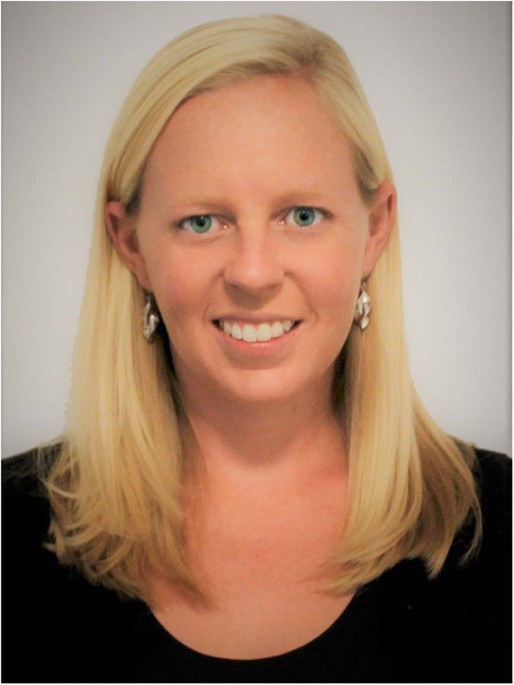
- Select a language for the TTS:
- UK English Female
- UK English Male
- US English Female
- US English Male
- Australian Female
- Australian Male
- Language selected: (auto detect) - EN
Play all audios:
You have full access to this article via your institution. Download PDF I am an Assistant Professor in the Department of Pediatrics and Division of Pediatric Critical Care Medicine at the
University of Washington (UW). I work clinically as a pediatric intensivist at Seattle Children’s Hospital and conduct research in outcomes after pediatric critical illness. I grew up in
Seattle, then attended Williams College and Dartmouth Medical School before returning to Seattle for my Pediatrics residency and Pediatric Critical Care Medicine fellowship at the UW. I
became interested in critical care medicine before deciding to pursue pediatrics; during a trauma surgery rotation in medical school I loved caring for several teenagers in the adult
intensive care unit. Additional rotations in critical care and pediatrics honed my interest in the unique conditions and physiology of critically ill and injured children, and I entered my
pediatric residency intending to pursue pediatric critical care. To gain additional exposure to the field, I met with critical care faculty to explore potential research projects. I was
connected with Dr. Jerry Zimmerman, who was hoping to conduct a study assessing health-related quality of life following pediatric sepsis. While I had no experience in this area, I
immediately said yes and worked with him to generate what would become preliminary data for the multicenter Life After Pediatric Sepsis Evaluation (LAPSE). After my clinical fellowship I
decided to pursue additional research training. There was an NIH T32 program at the UW in pediatric injury research run by Dr. Fred Rivara; I did not have an injury research background, but
was advised to take any opportunity available to work with Dr. Rivara. I entered the T32 program with a focus on outcomes after pediatric trauma and completed my MPH degree in Epidemiology
(Fig. 1). I am now partway through an NIH K23 award evaluating clinical factors contributing to long-term outcomes following pediatric critical illness and injury. As part of this work, I
returned to the now-completed LAPSE project with Dr. Zimmerman and my K23 mentor Dr. Scott Watson to conduct the research included in this issue. I would encourage others early in their
career to consider opportunities to work with potential mentors or collaborators even if the topic of study is not perfectly aligned with their current interests – gaining research skills
and forming collaborations are often equally or more important than the specific topic of study early on, and pursuing new areas of research may help further inform your own interests going
forward. FUNDING E.K. receives funding from NICHD (K23HD100566). AUTHOR INFORMATION AUTHORS AND AFFILIATIONS * Division of Pediatric Critical Care Medicine, Department of Pediatrics,
University of Washington, Seattle, WA, USA Elizabeth Y. Killien Authors * Elizabeth Y. Killien View author publications You can also search for this author inPubMed Google Scholar
CORRESPONDING AUTHOR Correspondence to Elizabeth Y. Killien. ETHICS DECLARATIONS COMPETING INTERESTS The author declares no competing interests. ADDITIONAL INFORMATION PUBLISHER’S NOTE
Springer Nature remains neutral with regard to jurisdictional claims in published maps and institutional affiliations. RIGHTS AND PERMISSIONS Reprints and permissions ABOUT THIS ARTICLE CITE
THIS ARTICLE Killien, E.Y. Early career investigator biocommentary. _Pediatr Res_ 94, 1866 (2023). https://doi.org/10.1038/s41390-023-02806-9 Download citation * Received: 10 August 2023 *
Accepted: 15 August 2023 * Published: 02 September 2023 * Issue Date: December 2023 * DOI: https://doi.org/10.1038/s41390-023-02806-9 SHARE THIS ARTICLE Anyone you share the following link
with will be able to read this content: Get shareable link Sorry, a shareable link is not currently available for this article. Copy to clipboard Provided by the Springer Nature SharedIt
content-sharing initiative









